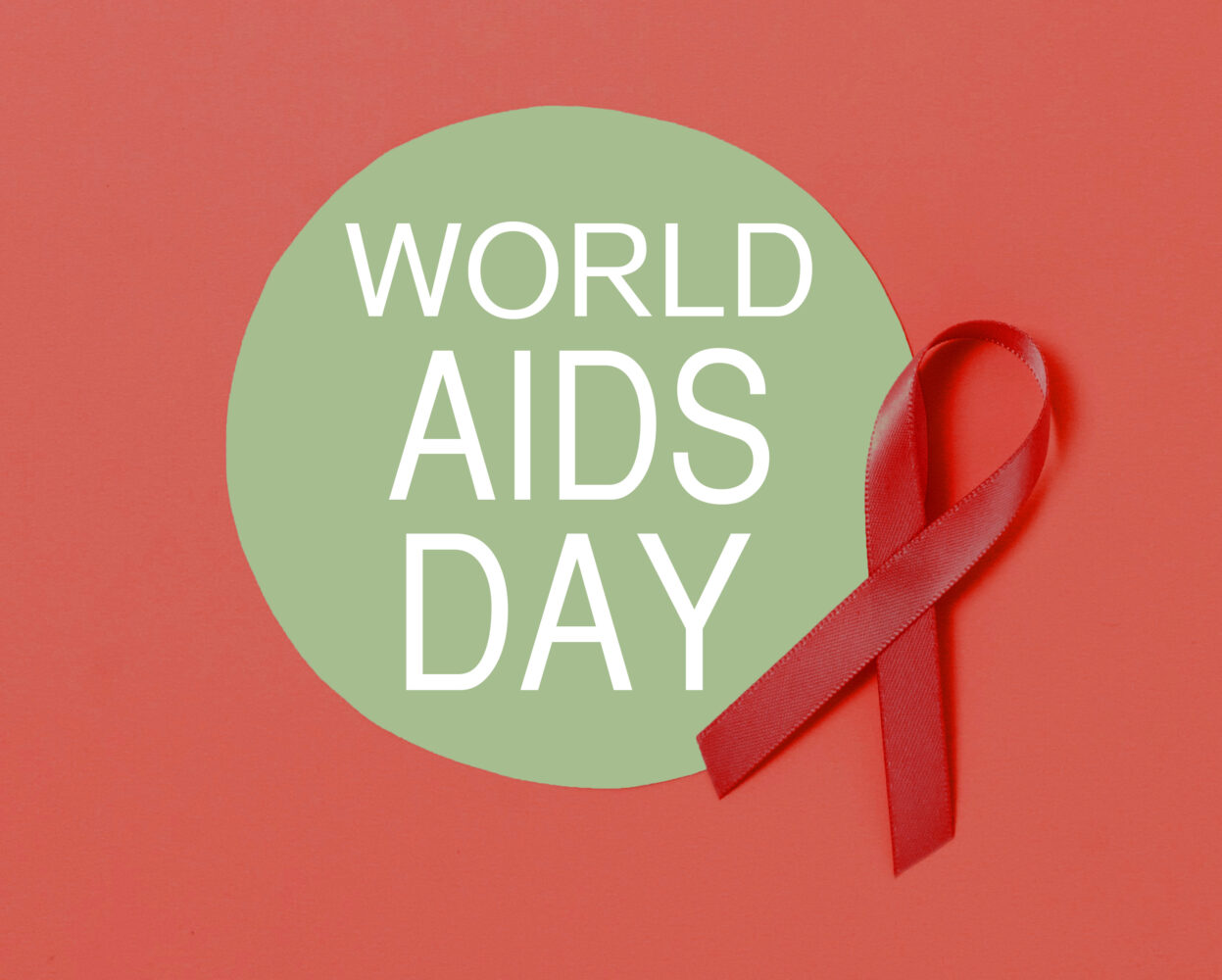By Stacy M. Brown
NNPA Newswire Senior
National Correspondent
@StacyBrownMedia
On the eve of World AIDS Day, the U.S. Centers for Disease Control and Prevention put out a call for urgency and a collective commitment to ending the HIV pandemic in America.
Agency officials said while there has been recent progress in HIV prevention, the world remains at a crossroads.
(HIV is the virus that attacks cells that help the body fight infection, making a person more vulnerable to other infections and diseases. AIDS is the late stage of HIV infection that occurs when the body’s immune system is compromised.)
“Without sufficient investment in HIV prevention, we risk turning back the clock on the progress we’ve worked so hard as a nation to achieve,” Dr. Robyn Neblett Fanfair, Acting Division Director in the Division of HIV Prevention at the National Center for HIV and the CDC, wrote in a letter on Nov. 30.
“Together with ongoing commitment, we can honor the hundreds of thousands of lives lost to HIV-related illness in the United States and millions worldwide by ensuring that everyone benefits equally from four decades of groundbreaking scientific advances,” Fanfair stated.
The CDC estimates that 1.2 million people in America have HIV, and 1 in 8 carriers don’t know it. Although new infections have declined overall, the CDC noted that tens of thousands of people in America continue to get HIV each year, and progress isn’t reaching all groups equitably due in part to deeply entrenched social determinants of health. Officials said expanded efforts will be vital to reducing these disparities, and HIV prevention resources have not kept pace with needs.
“This progress is promising. However, substantial and widening disparities persist, and efforts must be further strengthened and expanded to reach all populations equitably,” Fanfair continued. CDC officials added that community engagement has been a crucial part of HIV prevention work since the beginning of the epidemic, and ongoing community engagement remains core to Ending the HIV Epidemic in the U.S (EHE’s) success.
“Through EHE, CDC and its partners are implementing innovative, whole-person approaches designed to identify and address factors related to inequity and get powerful HIV prevention tools into the hands of every person who needs them,” Fanfair wrote.
For Ending the HIV Epidemic in the U.S (EHE) to be successful, interventions must be brought to scale to address inequity and eliminate longstanding barriers to care that require a significant and sustained infusion of new resources, Fanfair asserted.
“However, HIV prevention resources have not kept pace with needs, and allocated funding has consistently fallen short of former and current president’s requests for funding the EHE initiative,” Fanfair added. Investing in HIV prevention saves lives, health officials demanded, adding that effective HIV prevention is also cost-saving. Officials said reaching EHE goals by 2030 would prevent over 255,000 HIV cases and save over $100 billion in direct lifetime medical costs.
However, the ability to make further progress in stopping HIV transmission hinges on the ability to bring to scale innovative approaches designed to address disparities and their drivers, including HIV stigma, racism, and other social and structural determinants of health, CDC officials cautioned.
“On the 35th anniversary of World AIDS Day, we stand at a crossroads. Without sufficient investment in HIV prevention, we risk turning back the clock on the progress we’ve worked so hard as a nation to achieve,” Fanfair said. “Together with ongoing commitment, we can honor the hundreds of thousands of lives lost to HIV-related illness in the United States and millions worldwide by ensuring that everyone benefits equally from four decades of groundbreaking scientific advances.”
Like this:
Like Loading...
















